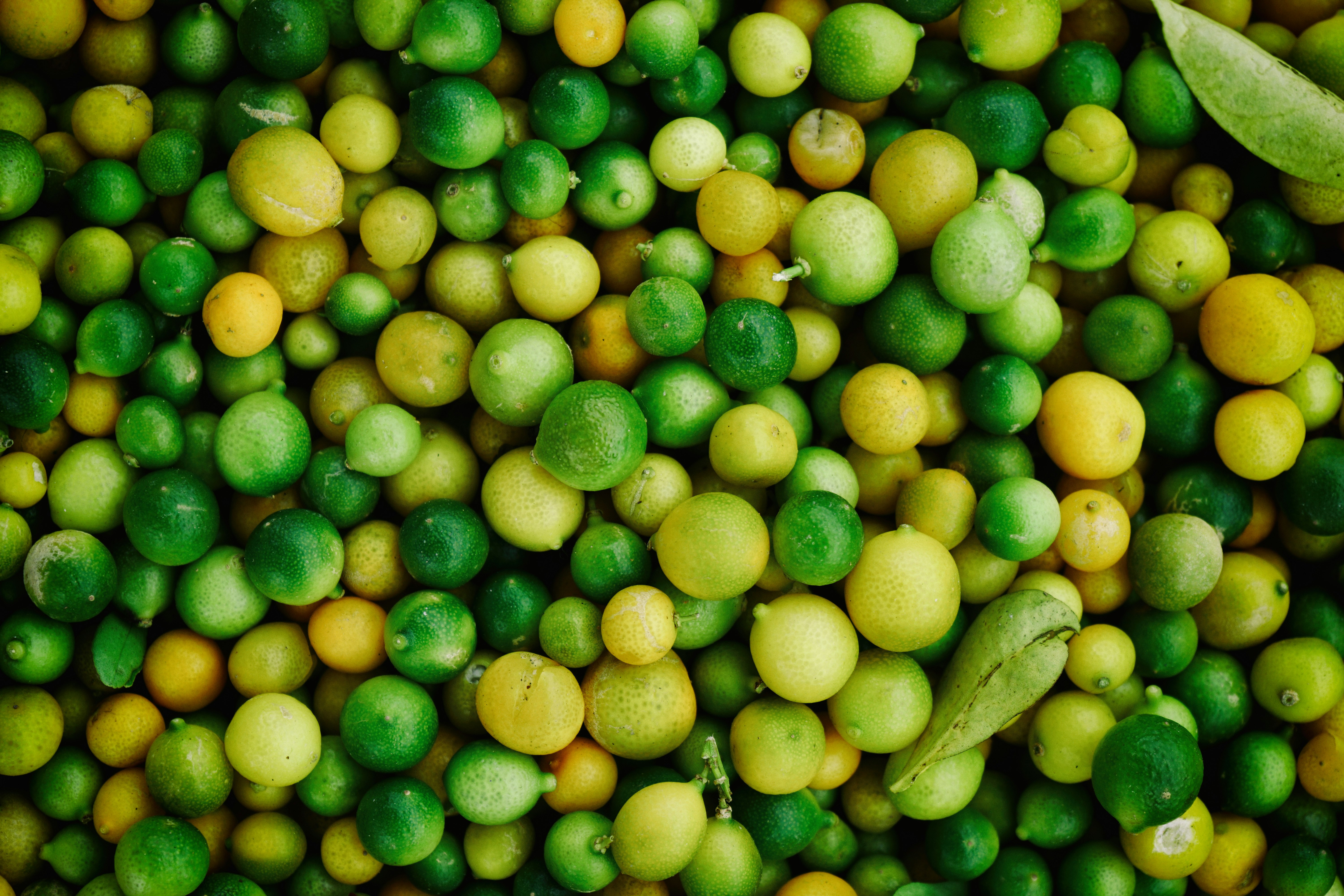When the Conservatives were in charge of Canada they didn’t conserve at all, instead they rallied behind fossil fuels to power Canada’s economy. That foolish gamble contributed to a lame economy (sent the country into massive debt) and a dying planet (even sabotaging global discussions about carbon and fossil fuel. Canadians are hopeful that the new government led by the Liberals will reverse the Conservatives anti-common sense approach to energy policy.
Last week, a federal think tank release a report on the near term growth of Canada’s economy and global influence. They project that fossil fuels will be less important to the global economy with every passing year and that the benefits of switching to renewable energy for the planet are obvious.
At the core of the report’s forecasts is a growing number of indicators that suggest growth in the world’s demand for electricity — particularly renewable-based electricity — will outpace other energy types, while the costs of its production and storage fall faster than previously believed.
The demand is expected to be driven largely by the emerging and rapidly urbanizing middle class in developing countries.
Wind and solar systems have the advantage of being “highly scalable and distributable,” the report states, making them appealing for communities of virtually any size, with or without an existing electrical grid.
As a result, emerging economies in Latin America and Africa may follow a different development path than the West and “leap-frog” directly to renewables as a primary energy source in a relatively short timeframe.

